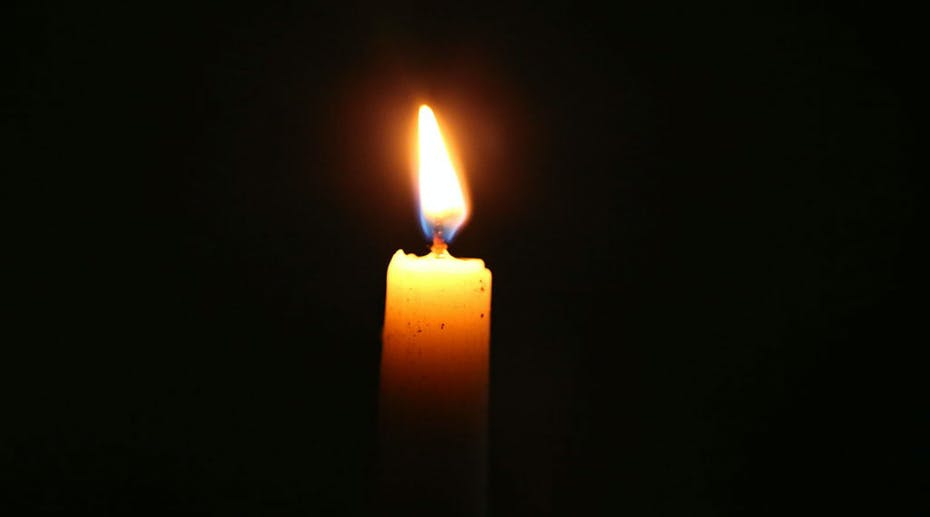Stances of Faiths on LGBTQ Issues: Hinduism
In Hindu belief, deities can take many forms, but all combine in the universal spirit of Brahman. Unlike Judaism, Christianity and Islam, which focus on the actions of a single lifetime, Hindu belief centers on a continuous process of birth and rebirth that ultimately releases the true self from the limitations of body and the ego – a freeing of the spirit called moksha. That process includes a release from sensual experiences, including sexuality. Hindu sacred texts, however, do not distinguish between heterosexual and homosexual acts. While Hindu sacred texts do not specifically use those terms (heterosexual and homosexual), they do distinguish between procreative sexual acts (within marriage) and non-procreative sexual acts such as oral,… Continue Reading (3 minute read)
